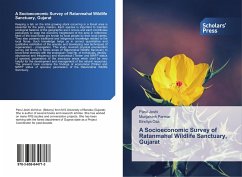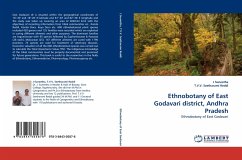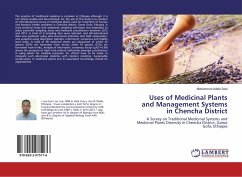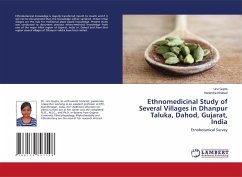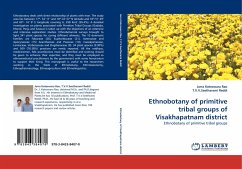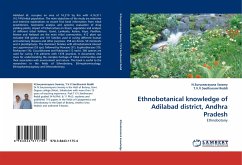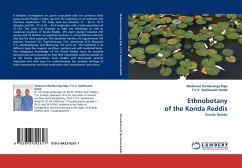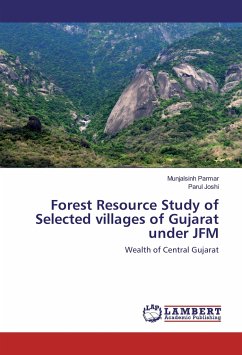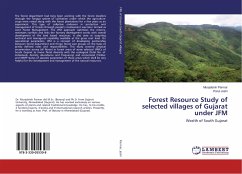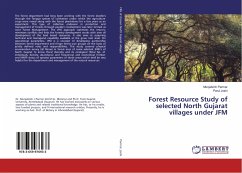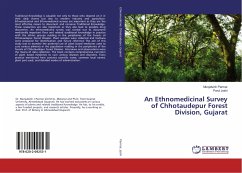
An Ethnomedicinal Survey of Chhotaudepur Forest Division, Gujarat
Versandkostenfrei!
Versandfertig in 6-10 Tagen
43,99 €
inkl. MwSt.

PAYBACK Punkte
22 °P sammeln!
Traditional Knowledge is valuable not only to those who depend on it in their daily chores but also to modern industry and agriculture. Ethnobotanical and Ethnomedicinal surveys are important as they are the most effective means to document and conserve Traditional Knowledge. These researches are also important as they also lead to possible drug discoveries. An ethnomedicinal survey was carried out to document medicinally important flora and related traditional knowledge in practice with the ethnic groups residing in the peripheries of the forests of Chhotaudepur Forest Division. Plant samples...
Traditional Knowledge is valuable not only to those who depend on it in their daily chores but also to modern industry and agriculture. Ethnobotanical and Ethnomedicinal surveys are important as they are the most effective means to document and conserve Traditional Knowledge. These researches are also important as they also lead to possible drug discoveries. An ethnomedicinal survey was carried out to document medicinally important flora and related traditional knowledge in practice with the ethnic groups residing in the peripheries of the forests of Chhotaudepur Forest Division. Plant samples were collected and herbaria were prepared for identification and future reference. The aim of this study was to examine the potential use of plant based medicines used to cure various ailments in the population residing in the peripheries of the forests of Chhotaudepur Forest Division. Interviews and observations were the means of data collection. The book contains comprehensive narration of plant based medicines to cure various diseases and disorders. Every practice mentioned here contains scientific name, common local names, plant part used, and detailed modes of administration.



